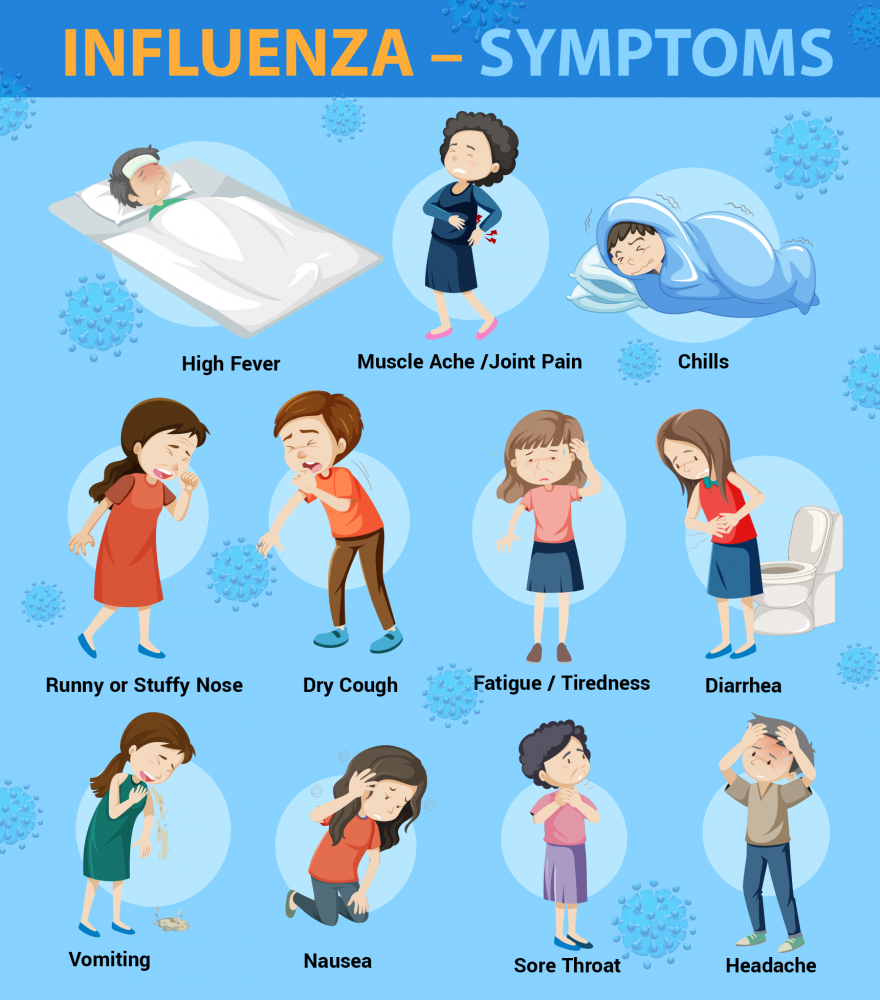-
SALES
- Popular BrandsCetaphilColgateDettolDoveEgo QVGuardianGilletteKloranceKotexKundalMore ...

- Health Supplement
- Popular BrandsCetaphilColgateDettolDoveEgo QVGuardianGilletteKloranceKotexKundalMore ...
Healthy Food ProductsNew- Popular BrandsCetaphilColgateDettolDoveEgo QVGuardianGilletteKloranceKotexKundalMore ...
- Mom & Baby
- Kids
- Personal Care
- Popular BrandsCetaphilColgateDettolDoveEgo QVGuardianGilletteKloranceKotexKundalMore ...
- Skincare
-
Popular BrandsCetaphilColgateDettolDoveEgo QVGuardianGilletteKloranceKotexKundalMore ...
- First Aid
- OTC Medicine
- Popular BrandsCetaphilColgateDettolDoveEgo QVGuardianGilletteKloranceKotexKundalMore ...
- Rehab
- Popular BrandsCetaphilColgateDettolDoveEgo QVGuardianGilletteKloranceKotexKundalMore ...
- All Products
Influenza: What You Need to Know

Lately, there has been growing concern in our community about the rise in influenza cases. While it’s natural to worry when more people start getting sick, it’s important to stay informed and take the right precautions. Influenza is not new, and with proper care, most people recover within a week or two.
What is Influenza?
Influenza, or the flu, is a common viral infection that spreads easily through the air when an infected person coughs, sneezes, or even talks. It can also spread by touching contaminated surfaces and then touching the face.
Most people experience symptoms like:
- Fever and chills
- Cough and sore throat
- Runny or stuffy nose
- Muscle aches and fatigue
- Headaches and body pain
- In some cases, vomiting or diarrhea (more common in children)
- While the flu can make anyone feel miserable, for certain groups, it can lead to serious complications like pneumonia or hospitalization.

How Does the Flu Vaccine Help?
The flu vaccine is the best way to protect yourself and others. It works by training your immune system to recognize and fight the virus. Even if you get the flu after vaccination, your symptoms will likely be milder, and the risk of severe complications will be much lower.
The vaccine also helps protect the community, especially those who cannot get vaccinated due to medical reasons. The more people who are vaccinated, the harder it is for the virus to spread.
Prioritizing the Vaccine During Shortages
Unfortunately, flu vaccine supplies can sometimes be limited. In such cases, it’s crucial to prioritize those who are at the highest risk of severe flu complications:
- Elderly individuals (65 and older) – Their immune systems are weaker, making them more vulnerable to severe infections.
- Pregnant women – The flu can cause serious complications during pregnancy and affect the baby.
- Young children (especially under 5 years old) – Their immune systems are still developing, making them more susceptible.
- People with chronic health conditions – Those with asthma, diabetes, heart disease, or weakened immune systems are at a higher risk.
If you are young, healthy, and at lower risk, consider waiting to get vaccinated until those who need it most have received their shots. Meanwhile, you can still take steps to protect yourself and others.
Other Ways to Stay Safe
Besides vaccination, here’s what we can all do to reduce the spread of the flu:
- Wash hands regularly with soap and water for at least 20 seconds.
- Use hand sanitizer if soap and water aren’t available.
- Cover your coughs and sneezes with a tissue or your elbow.
- Avoid close contact with sick individuals.
- Disinfect frequently touched surfaces like phones, doorknobs, and keyboards.
- Wear a mask in crowded places, especially if you’re feeling unwell.
- Stay home if you’re sick to prevent spreading the virus to others.
Final Thoughts
There’s no need to panic, but staying informed and taking preventive measures is key. If you’re at low risk, please be patient about getting the vaccine so that those who need it most can receive it first. By working together, we can protect our community and reduce the impact of influenza.
Let's keep in touch
Subscribe for our latest news and be the first to know about our offers.


